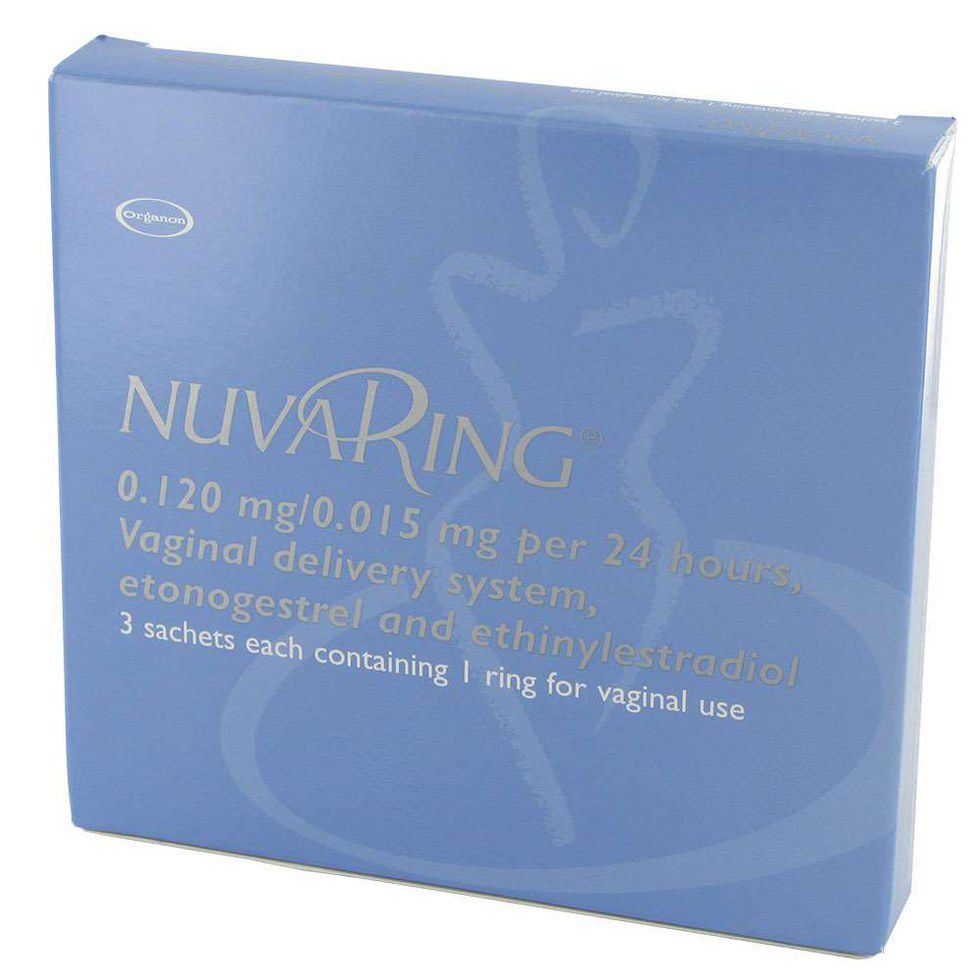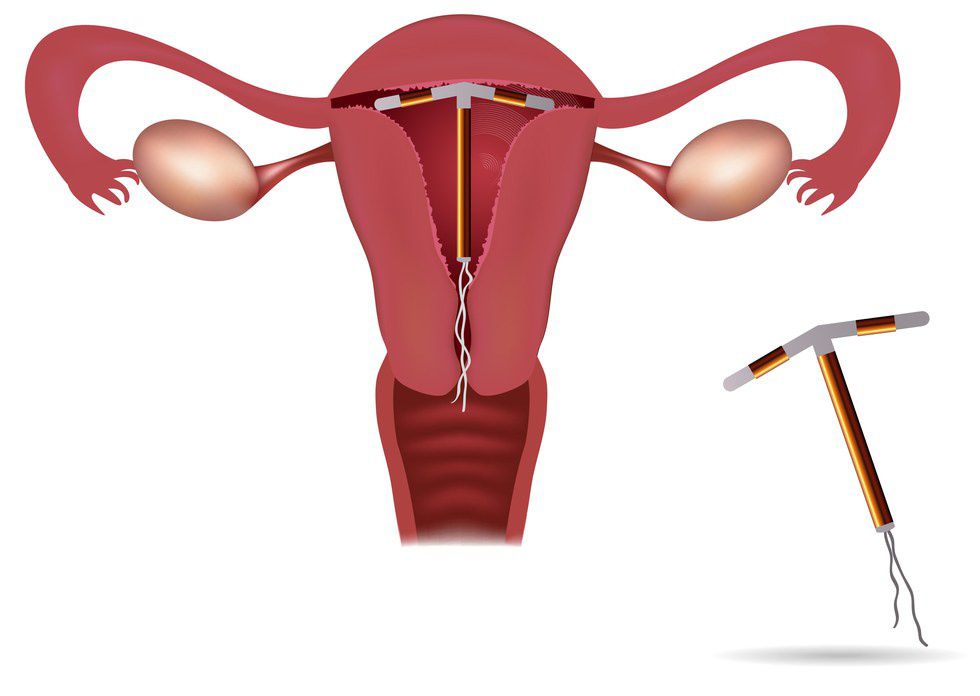Being a girl is complicated business, especially when it comes to personal business. As reproductive rights are increasingly coming under fire after the 2016 election, it is more important than ever to take extra caution against an accidental pregnancy. For millions of women, chemical contraceptives in the form of pills, shots, or implantable devices help control fertility, irregular periods, intense cramping, acne, PMS, and other reproductive medical conditions.
But there are now so many types of chemical contraceptives, so how do you know which one is best for you? While most people focus on the side effects and ease of use when deciding, I strongly feel that it is important to also understand the science behind them. In this comprehensive but easy to understand guide, I will explain how the major types of chemical contraceptives work. This is not an exhaustive list, but I have chosen the most common methods. Of course, each one will have its own list of side effects, health risks, and drug interactions. NONE OF THESE METHODS PREVENT STDs.
***DISCLAIMER: I AM A STUDENT AND DO NOT YET HAVE A MEDICAL DEGREE. The information presented here comes from a medical school physiology course. I wrote this guide to help women who are feeling overwhelmed and lost about what's going on in their bodies. Online guides should be used to point you in the right direction, but your physician will ultimately be the best resource for information. Always discuss your needs, concerns, and future family planning goals with your physician. ***
An intro to the female sex hormones:
The two main female sex hormones, estrogen and progesterone, fluctuate at different times throughout the menstrual cycle. Estrogen peaks at ovulation and is involved with development of reproductive organs at puberty, metabolism, bone formation, and skin characteristics. Progesterone peaks between ovulation and menstruation, and regulates whether the endometrium (uterine lining) sheds to cause menstruation or supports a fertilized egg. The production of these hormones is controlled by LH and FSH, which are in turn controlled by the hormone GnRH.
1. Pills
As of 2012, 23.3% of women capable of reproducing took chemical contraceptives in the form of a pill, making it the most common form of contraception for women today.
Estrogen-Progesterone combo pills
These are the most common type of pill and provide very low doses of both estrogen and progesterone. FSH levels become so low that a follicle (the precursor to an egg) can never mature, and therefore ovulation does not occur. Most come in packages of 28 pills, with 21 “active” pills containing hormone and 7 placebo pills. When the placebo pills are taken, hormone levels return to normal and menstruation occurs. Women can also opt for an extended dosing regimen, in which 12 weeks of active pills are followed by a week of inactive pills, limiting periods to just 4 per year.
Important notes: Estrogen supplements slightly increase the risk of cardiovascular problems and may stimulate the growth of estrogen-sensitive cancers like breast, ovarian, uterine, etc. I personally avoid hormonal contraceptives at all costs due to a family history of breast cancer.
Progesterone only pills
While the combo pills mainly function to prevent ovulation, progesterone only pills act to change the cervical mucus to make it inhospitable to sperm movement. Menstruation still occurs normally, but cervical mucus becomes thick, serving as a “blockade” for sperm. In addition, the uterine lining changes to reduce implantation of a fertilized egg.
Important notes:
The half-life of progesterone is very short, so missing a day could be enough
to allow pregnancy. Whereas combination pills work best if taken at the same
time every day, progesterone-only pills MUST be taken at the same time each
day. Because you must take these every day, you will finish one pack of pills
and start a new pack the next day. There is no “off week”, and menstruation
differs between women; normal, light, or no menstruation are all possible
outcomes
Progesterone only supplements are not as effective as the combination pill (both are still >90%), but they do not carry the risks associated with estrogen. Both types can be easily stopped if you wish to become pregnant.
2. Patches & Skin implants:
Both the combination hormone or progesterone-only drugs can be administered through a patch worn on the skin. The patch can be placed on the upper arm, abdomen, back, or butt. The combo patch is worn three weeks on, one week off, using a new patch every month.
A progesterone-only implant placed right under the skin of the upper arm (ex. Nexaplanon) is also a convenient birth control method.
3. Shots (ex. Depo-Provera):
Everyone has heard of the birth control shots in the butt, but you can sometimes get them in the arm. These are high doses of progesterone or progesterone analogs and can last up to three months. The dose is high enough to inhibit GnRH, LH and FSH, which prevents ovulation, makes cervical mucus inhospitable to sperm, and changes the uterine lining to prevent implantation.
Important notes: From the way hormonal feedback happens in the body, high doses of progesterone will inhibit estrogen secretion. Therefore, you will lose the added benefits of estrogen, so taking these drugs for a long period of time will may increase your risk for osteoporosis.
4. Vaginal Rings:
Nuvaring is a combination-hormone device. Women like this option because it can be inserted by yourself. Usually a ring is inserted, left in for three weeks, and then removed for your off-week.
5. IUDs (Intrauterine Devices)
IUDs are the most effective type of contraception (>99%) and are inserted by your gynecologist. There are multiple types of IUDs, all of which provide long term pregnancy-prevention. IUDs can be effective for 3-12 years based on the one chosen, but they can be removed at any time if you wish to get pregnant. IUDs are a great "get it and forget it" method.
Mirena, Liletta, and Sklya release progesterone only and have the actions described previously. Copper IUDs (ex. ParaGard) have multiple effects. The copper acts as a spermicide (a substance that kills sperm). Additionally, your immune system recognizes the copper as a foreign body and releases chemicals called prostaglandins and white blood cells that inhibit fertilization. Copper IUDs do not alter the menstrual cycle and do not contain hormones, which is why I prefer them if estrogen-linked cancers run in your family. Copper IUDs are also one of the longest acting IUDs (10-12 years).
NOTE: Copper IUDs can be used as emergency contraception if you can get to your gynecologist right after sex. Some research suggests that when used as an emergency contraceptive, copper IUDs prevent implantation, NOT fertilization. It is possible that an egg could become fertilized but is passed out of the reproductive tract. Some people count this as "abortion". IF YOU ARE PERSONALLY OPPOSED TO ABORTION, THIS MAY NOT BE FOR YOU.
6. Emergency contraceptives
This entire description could be considered “Important Notes”. Emergency contraceptives are either a high dose of progesterone (Plan B) or a non-hormonal drug that blocks the action of progesterone (ella). Ovulation is prevented and the reproductive tract becomes inhospitable for fertilization. Implantation *If fertilization has already occurred, emergency contraceptives will NOT be effective. For this reason, emergency contraceptives should be taken IMMEDIATELY after sex. The medical community says “within 72 hours” (it can take up to 2-3 days for a sperm to fertilize an egg) but the sooner the better!
***ONLY IN AN EMERGENCY where you DO NOT have access to Plan B or ella, taking a few of your normal birth control pills at once should have a similar effect ***
So there’s a run down on female chemical contraceptive options! All of these options are much more effective than condoms, withdrawal, spermicides, barriers, or monitoring of your menstrual cycle. If you have more specific questions about a certain method, feel free to post in the comments section or ASK YOUR DOCTOR! Planned Parenthood also has a fantastic in-depth guide to each method on their website, including pros/cons, side effects and FAQs! And remember, the Affordable Care Act (Obamacare) mandates that insurance companies provide contraception in new plans (of course there are dozens of exceptions, so talk with your insurance company)!
*** Please share to help women everywhere learn more about their bodies! Always remember that only YOU have the right to control your reproductive system! ***



























